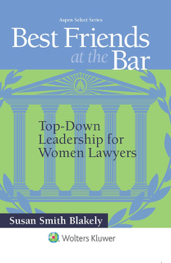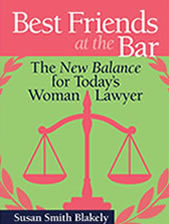Have you seen the article in the Washington Post (“New Wave Feminism,” Sunday, January 31, 2016, front page)? Yes, you read that right — front page of the Sunday Post. Both above and below the fold. Very significant placement for an article on this topic during this crazy political season. Or is it? Does this placement send a political message? I will let you decide.
If this article tells me anything — and it include a lot of valuable information — it is that labels no longer work when we are talking about advocating for women. The surveys show that you get very different results when you ask for reactions to “feminism” than when you ask for reactions to “the women’s movement.” And, 94 percent of those polled embraced the principles that “men and women should be social, political,and economic equals.”
As the article states, “Clearly, people believe in feminist ideals — just not feminist labels.” That is good enough for me. Substance over form all the way.
Although “First Wave” and “Second Wave” feminism is interesting from a historical perspective, what matters to me is how we exercise our independence as women and how our independence is received in the workplace and in society. With respect and equality is the answer I am looking for.
I was really pleased with the research showing that “there are more similarities than differences between the politicized feminism of the 1960’s and 1970’s and the more individualized version practiced by today’s [Millennial] generation.” This makes me a lot more comfortable than reading some of the on-line blogs by young women who say that there is no point to feminism because all the problems have been solved. Really???? And what about pay equity, as just one example? Apparently these bloggers don’t care about the numbers and supporting families as a single mom. Or maybe they don’t care that only 20% of the members of Congress are women and that the figures for women in leadership and management roles in big business are hovering at the 5 % mark.
The Women’s Liberation Movement did a lot of good things for women, but it also shackled us with expectations of equality that embraced the male definition of success in the workplace. What we found was that the male definition of success did not work for most women, whose lives included childcare and other significant family responsibilities, and those women, including women lawyers, dropped out of the workplace in droves in the 1980’s and 1990’s. Not a good result. We are much better off with an individual approach to success like the “Personal Definitions of Success” that are keystones to my Best Friends at the Bar program. I have been writing about it and speaking about it for at least a decade.
There is a lot more in this article about “feminist” role models that appeal to Millennial women, the role of social media in this discussion, and the rising importance of “inclusion” in the conversation. It is a long article, but it is worthy of your attention. You even can see where you fit among the survey profiles.
Where do you fit on this issue?












